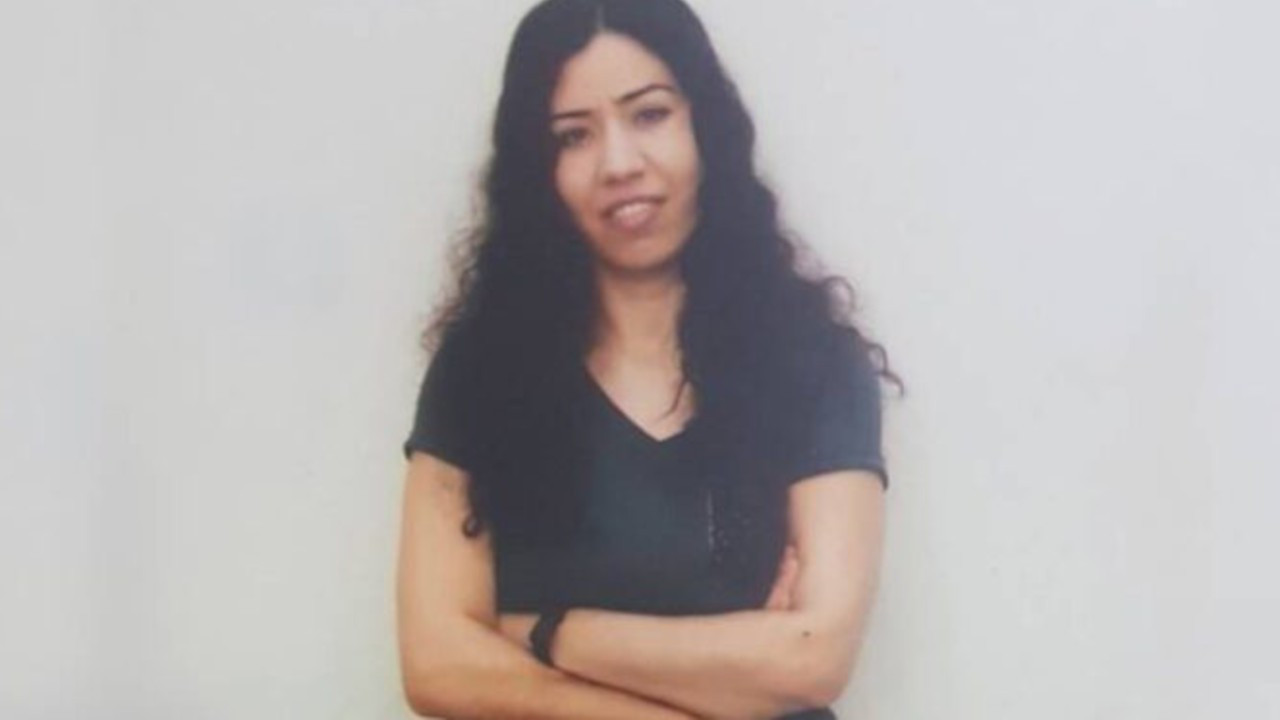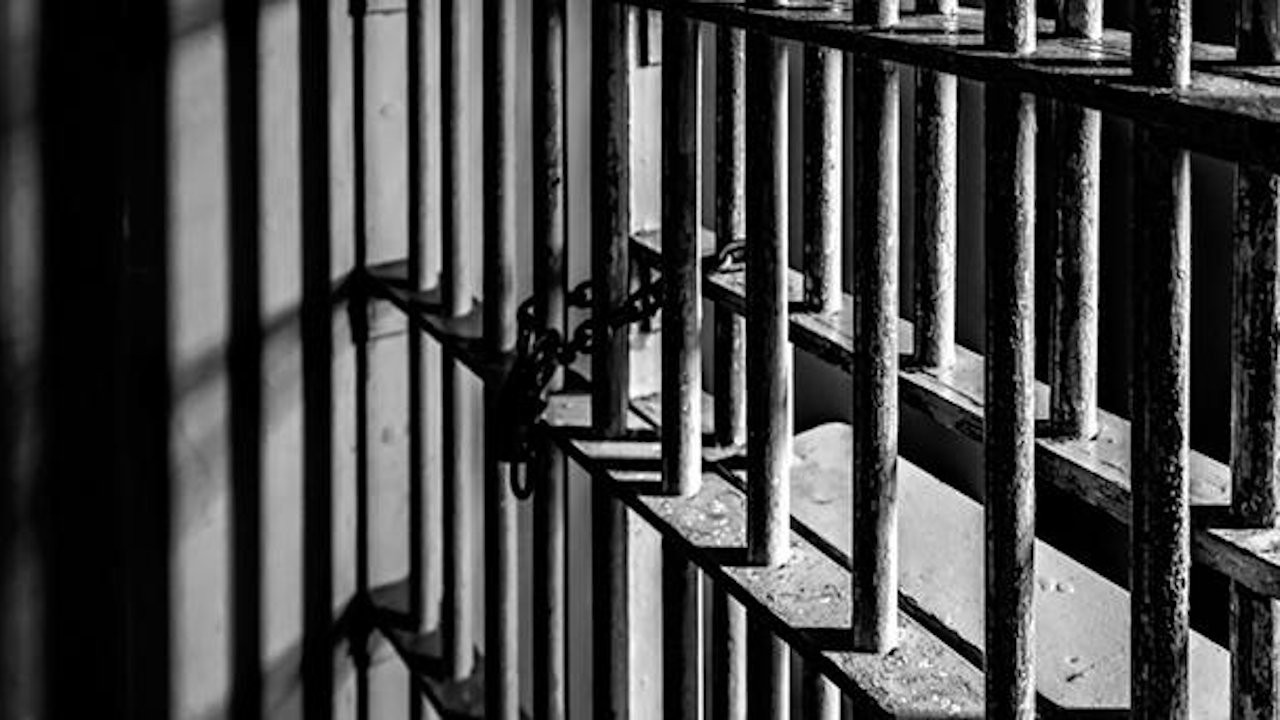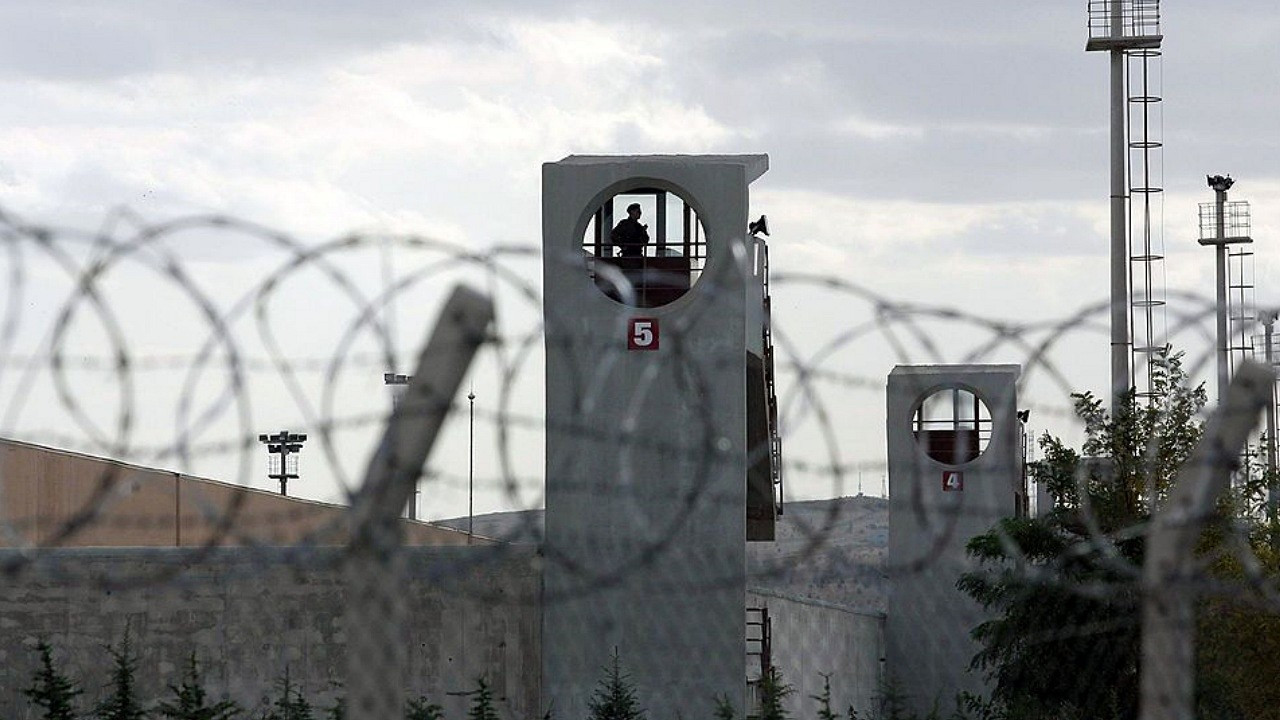Following torture and sexual abuse, female prisoner dies by alleged suicide in prison
After reports that she was tortured and sexually abused in Kandıra women’s prison, outside of Istanbul, prisoner Garibe Gezer was found dead by alleged suicide in her cell. She was 28 years old.
Duvar English
28-year-old female prisoner Garibe Gezer has been found dead in her solitary confinement cell in Kandıra women’s prison from an apparent suicide. After being jailed on terrorism charges, she was allegedly physically and sexually abused by guards prior to her death.
Reports that Gezer was violently abused by her guards surfaced earlier this fall, and Peoples’ Democratic Party (HDP) representatives and the Human Rights Association (IHD) of Turkey brought a motion to investigate her treatment in prison before Parliament on Oct. 25. When Gezer tried to report her abuse, she was punished. When she fought back against guards, she was placed in a padded cell with no access to the outside world.
Despite this, an investigation was not initiated and Gezer remained in solitary confinement until her death.
Considering the circumstances of her imprisonment, including her abuse and solitary confinement in a padded cell against her will, human rights advocates are calling her death “suspicious.”
“Garibe was being held in solitary confinement. How can a person alone in a cell hang themselves?” Eren Keskin, İHD co-chair wrote on social media.
When the İHD and Gezer’s legal team heard of her death, her lawyers Jiyan Tosun and Jiyan Kaya immediately went to the prison. They say that prison authorities did not allow them to enter the prison or meet with prison officials. By the time the lawyers arrived, Gezer’s autopsy had already been completed and the cause of death was determined as suicide. However, when Gezer’s attorneys inspected the autopsy report prepared in their absence, they said there was no clear cause of death determined.
They further noted that because of the isolated nature of the solitary confinement cells, no one could hear Gezer die. Further, emergency call buttons in the prison cells had been disabled, so Gezer’s fellow inmates could not call for help when she was trying to kill herself, even if they had heard.
On Dec. 9, HDP MP Meral Danış Beştaş announced news of Gezer’s death on the Parliament floor, the same place she raised reports of her abuse two months ago.
“This is not a suicide, this is a suspicious death,” she said. “The General Directorate of Prisons and the Justice Ministry are trying, along with prosecutors that already did not investigate allegations of torture, harassment, and rape, to cover up this incident. Despite the fact that this young woman reported that she was raped, subjected to violence, and battered in prison, the prosecutor’s office and her sentencing judge did not take any action. They allowed for her death.”
If the Justice Ministry had investigated their claims, she said, Gezer would still be alive.
This is not the first time that Gezer attempted suicide. After she was placed in a padded cell earlier this fall, guards saw her try to remove the cell’s padding on CCTV. They beat her and left her in the cell. She then tried to commit suicide by hanging herself with a sheet. She fell to the ground and was injured, but refused treatment when brought to the infirmary because of the discriminatory behavior of the doctors.
If guards and prison authorities knew she was a suicide risk, said Beştaş, then she should not have access to materials in the cell with which she could have killed herself. If this was a suicide, she said, then prison authorities are complicit in her death regardless.
Beştaş is calling for an immediate investigation into Gezer’s death and the dismissal of the prison administration.
"How does a person who is alone in a cell commit suicide?” she asked before parliament. “She has attempted suicide before. She attempted suicide with her sheet, she is known to be inclined to this. Even if she did commit suicide, let’s face it, how were those materials in the room? What is the prison administration doing? Doesn’t the safety of these people belong to the state? Don’t you have a responsibility to protect them?”

 HDP MPs ask parliament whether female prisoner was sexually abusedHuman Rights
HDP MPs ask parliament whether female prisoner was sexually abusedHuman Rights 66 political prisoners being held beyond end of sentences in TurkeyHuman Rights
66 political prisoners being held beyond end of sentences in TurkeyHuman Rights Water quotas imposed, clothes confiscated from Turkish prisoners during pandemicHuman Rights
Water quotas imposed, clothes confiscated from Turkish prisoners during pandemicHuman Rights